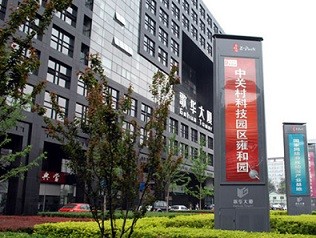Simplified inspection and quarantine procedures for importing biological materials taken from animals or plants will be implemented next year as China is set to adopt more efficient inspection and quarantine measures after a successful two-year trial, authorities announced on Monday, Nov. 9.
Li Jianwei, chief of animal and plant quarantine and supervision of the General Administration of Quality Supervision, Inspection and Quarantine, said that the measure is part of the series of reforms which have been tried in Shanghai and Beijing. The measure is expected to help the country's bioindustry to improve international cooperation with its overseas partners and boost its competitiveness.
Li added that since 2013, reforms have been undertaken in two major bioindustry bases in China: Beijing's Zhongguancun Life Science Park and Shanghai's Zhangjia Hi-tech Park.
The China Daily reported that the reforms include reducing the time for approval of imported biological materials sourced from animals or plants from 20 working days to up to seven working days, extending the length of import certificates, and allowing companies and institutes to import some types of biological materials from internationally recognized institutes without needing approval.
According to the Ministry of Science and Technology, the output of the country's bioindustry hit 3.16 trillion yuan ($500 billion) last year, an increase of more than 20 percent compared with 2013.
The report said that China still has to import most of the biomaterials it needs, despite rapid development of the industry.
But China's traditional supervision system failed to meet the rapid development of the industry, Li observed.
In Beijing and Shanghai, the reform has produced good results, the quality authorities said.
According to Li, more than 3,200 applications have been approved by quality authorities in Beijing and Shanghai for importation of biological materials between January and October, while the total number for last year for the two cities was about 2,400. He added that during the first nine months of 2015, the reforms saved about 27,000 working days for enterprises in Beijing and Shanghai.
Li said that the reforms are tested in the two cities because they are important scientific research centers, making supervision easier.
"But development of bioindustries in some other areas is uneven," Li said. "We will formulate relevant measures to ensure the safe and rapid development of the whole bioindustry when the reforms are applied all over China."






















